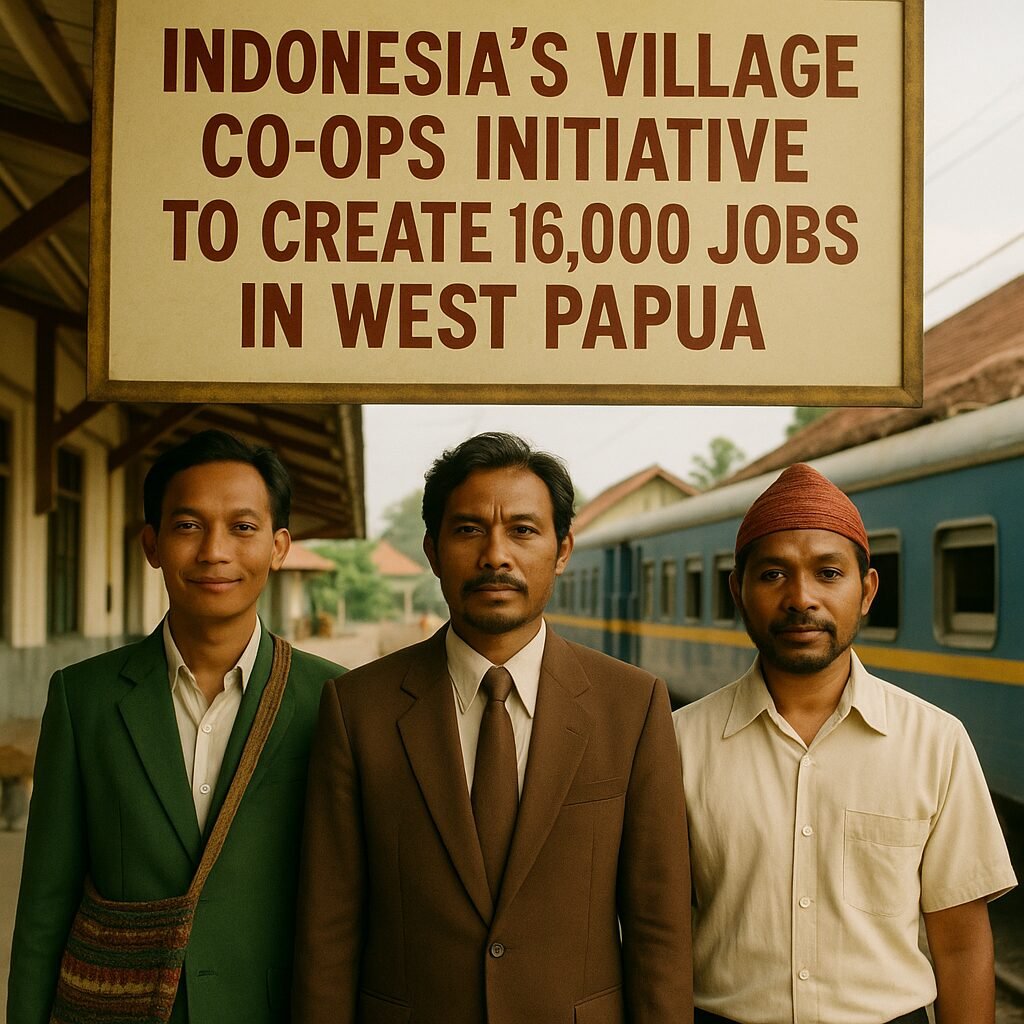- Indonesia's project in West Papua aims to create 16,000 jobs through village cooperatives.
- Village co-ops promote local economic growth and may alleviate poverty in West Papua.
- Success depends on government support for legal framework, capital access, and market development.

Indonesia’s government has embarked on a promising project that could potentially create up to 16,000 jobs in West Papua. According to a recent report by ANTARA News, the initiative, which focuses on establishing village cooperatives across the country, promises to significantly boost employment in the region. This move is seen as a much-needed injection of economic activity into the area, with the potential to uplift many residents from poverty and underemployment.
The village co-ops are not just a source of employment, but they also represent a strategic approach to regional development. By facilitating the creation of these cooperatives, the Indonesian government is essentially promoting localized economic growth, which is instrumental in achieving balanced national development. This approach has been successful in many other regions across the globe, and there is a growing consensus among economic analysts that it could have a similar impact in West Papua.
However, it is important to note that for this initiative to achieve its full potential, there needs to be an enabling environment. This includes a supportive legal and regulatory framework, access to capital, and a robust market for the products and services produced by these cooperatives. The Indonesian government, therefore, has a critical role to play in ensuring that these conditions are met.
In conclusion, the project to establish village cooperatives in West Papua is a step in the right direction. It has the potential to create thousands of jobs for the local populace, thereby improving their economic well-being. However, the ultimate success of this initiative will largely depend on the Indonesian government, and how effectively it can create an enabling environment for these cooperatives to thrive.

